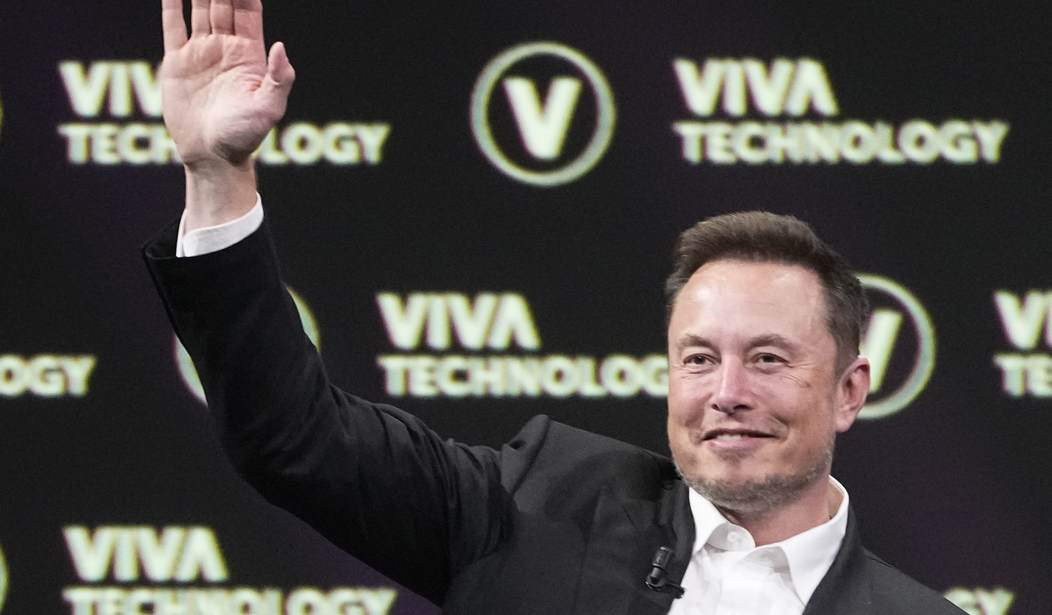I don’t know about the right at large, but I’m just about done with fence-sitting about which side Elon Musk is actually on in the free speech war.
Many conservatives/libertarians/non-lobotomized individuals of no particular ideological persuasion went nuts when Musk took over Twitter following the censorship-happy regime that previously dominated the platform — the one that, according to polling, cost Trump re-election in 2020 by censoring the Hunter Biden laptop story on behalf of the intelligence community.
Seems like a good day to remind everyone that 16% of Biden voters would NOT have voted for Biden if they had been aware of the Hunter Biden laptop story pic.twitter.com/tw1fVsucNP
— Kyle Martinsen 🐊 (@KyleMartinsen_) March 17, 2022
So much for Sacred Democracy™, huh?
Earlier this week, I reported at PJ Media about the X/Twitter CEO (a World Economic Forum member, by the way) whom Musk installed several months back pledging that she would root out what she terms “toxic speech” on Twitter, without having defined the term.
Presumably, “toxic speech” — much like “disinformation” or “hate speech” — means whatever happens to run counter to the official corporate state narrative on any given topic at any given time, regardless of its veracity or value in the service of maintaining an informed citizenry.
Related: X CEO Pledges to Censor ‘Toxic Speech’ to Appease Corporate Advertisers
Now, Musk has co-signed his company’s compliance with a brutal EU censorship regime called the Digital Services Act (DSA) (emphasis added):
The Digital Services Act is the most important and most ambitious regulation in the world in the field of the protection of the digital space against the spread of illegal content, and the protection of users’ fundamental rights. There is no other legislative act in the world having this level of ambition to regulate social media, online marketplaces, very large online platforms (VLOPs) and very large online search engines (VLOSEs). The rules are designed asymmetrically: Larger intermediary services with significant societal impact (VLOPs and VLOSEs) are subject to stricter rules.
After the Digital Services Act, platforms will not only have to be more transparent, but will also be held accountable for their role in disseminating illegal and harmful content…
More diligent content moderation, less disinformation:
– Platforms and search engines need to take measures to address risks linked to the dissemination of illegal content online and to negative effects on freedom of expression and information;
– Platforms need to have clear terms and conditions and enforce them diligently and non-arbitrarily;
– Platforms need to have a mechanism for users to flag illegal content and act upon notifications expeditiously;
– Platforms need to analyse their specific risks, and put in place mitigation measures – for instance, to address the spread of disinformation and inauthentic use of their service.
Via Associated Press:
European Commissioner Thierry Breton said late Thursday that he noted the “strong commitment of Twitter to comply” with the Digital Services Act, sweeping new standards that the world’s biggest online platforms all must obey…
Breton, who oversees digital policy, is also meeting other tech bosses in California. He’s the EU’s point person working to get Big Tech ready for the new rules, which will force companies to crack down on hate speech, disinformation and other harmful and illegal material on their sites. The law takes effect Aug. 25 for the biggest platforms.
Musk, in my view, is more pernicious than the entities that brazenly and unapologetically — without any hedges or meaningful pretenses of fidelity to the principles of free expression — censor, precisely because he poses as some kind of champion of it, and in effect lulls some portion of the population that might otherwise rebel into apathy.










